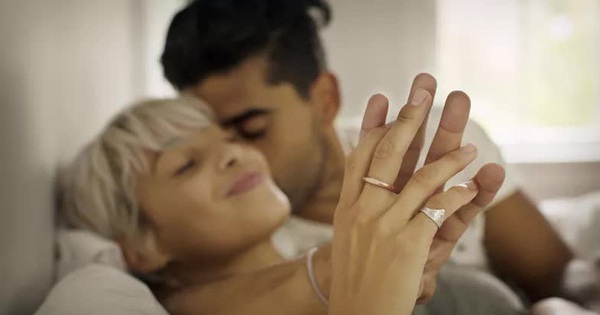The “war” of masks in the US

There are passengers wearing and not wearing masks while waiting at the counter of Delta Airlines at Logan International Airport, Boston (USA) on April 19 – Photo: Reuters
On April 20, the US Department of Justice appealed against a federal judge’s decision to end the requirement to wear masks when traveling by plane or on public transportation. Previously, the US Centers for Disease Control and Prevention (CDC) affirmed that wearing a mask is still essential to prevent COVID-19.
Risk of bad precedent
American public opinion has been stirred up since April 18 when federal judge Kathryn Kimball Mizelle in Florida rejected the requirement to wear masks on public transport on the grounds that the US CDC had overstepped its authority when issuing the regulation. this January 2021.
The ruling comes as the US CDC’s regulations have until May 3 to expire, unless they extend it further. The US CDC recently extended such an extension to have more time to study the BA.2 sub-variant of Omicron, which is currently the dominant variant in the US.
Just hours after the ruling on April 18, most airlines, airports, many public transit systems and even Uber dropped the requirement to wear masks. On the same day, the US Transportation Security Administration said it was no longer required to wear masks.
According to the Financial Times, now if the US Justice Department successfully appeals, the administration of President Joe Biden will have the right to re-apply the mandatory mask wearing rule. However, this will also be risky because if the appeal is unsuccessful, it could set a legal precedent that makes it more difficult for the US CDC to issue similar regulations in the future.
Several cities in the northeastern United States have recorded an increase in hospital admissions due to COVID-19 in recent weeks. Philadelphia was the first major city in the US to reintroduce the mask-wearing rule.
On April 20, the US CDC said that at this time, it is still necessary to wear masks on public transport. They believe this is a “legitimate order, within their jurisdiction to protect public health”.
Community or freedom? personal?
According to the Wall Street Journal, April 18’s ruling came as a surprise to airlines, making some passengers happy but also disappointing some.
Ms. Heidi Goodson, PhD in mathematics at Brooklyn University (USA), said she paid an extra fee to transfer from United Airlines to Lufthansa when there was a return flight from Germany, so that she could go on a flight that was required to wear a mask. . “Many people are not financially flexible and therefore have to risk their health when there are unexpected policy changes,” she said.
The ruling also left European airlines divided over whether to require face masks on transatlantic flights. Spokespersons for Air France (France) and Lufthansa (Germany) said passengers are still required to wear masks on their flights in accordance with French and German regulations. And British Airways (UK) said wearing a mask or not will depend on the regulations of the destination.
Before that, many European countries had abandoned wearing masks. The UK is one of the first countries in the world to drop all regulations to prevent COVID-19 when traveling, including wearing masks on planes and at airports.
However, in Asia, there are still many countries that value the mask despite the high vaccination rate. This week, the Korean government said it would decide whether to wear masks in early May, but for now, it will keep this rule.
The Indian capital has just reinstated the requirement to wear masks in public. In Singapore, according to the Straits Times at the end of March, although wearing masks is no longer mandatory outdoors, 90% of residents still wear them when walking on roads, sidewalks and beaches.
According to the Washington Post, Singaporeans’ reluctance to do this is partly because they are worried about more vulnerable members such as the elderly. The island nation’s leaders have repeatedly stressed that the health of the community is more important than individual liberties.
In Japan on April 20, the head of the Japanese Medical Association Toshio Nakagawa warned that the country would not follow Western countries in easing or abolishing mask wearing regulations. “I believe the day people can stop wearing masks will never come in Japan if the country continues to have cases,” he said.
Why should you wear a mask?
As explained by the US CDC on April 20, wearing a mask to prevent COVID-19 is most beneficial in crowded or poorly ventilated places, such as on public transport with enclosed spaces. When people wear masks that fit their nose and mouth, they protect themselves and those around them, including those who are immunocompromised or unvaccinated, and help people travel. safer.
at Blogtuan.info – Source: tuoitre.vn – Read the original article here



